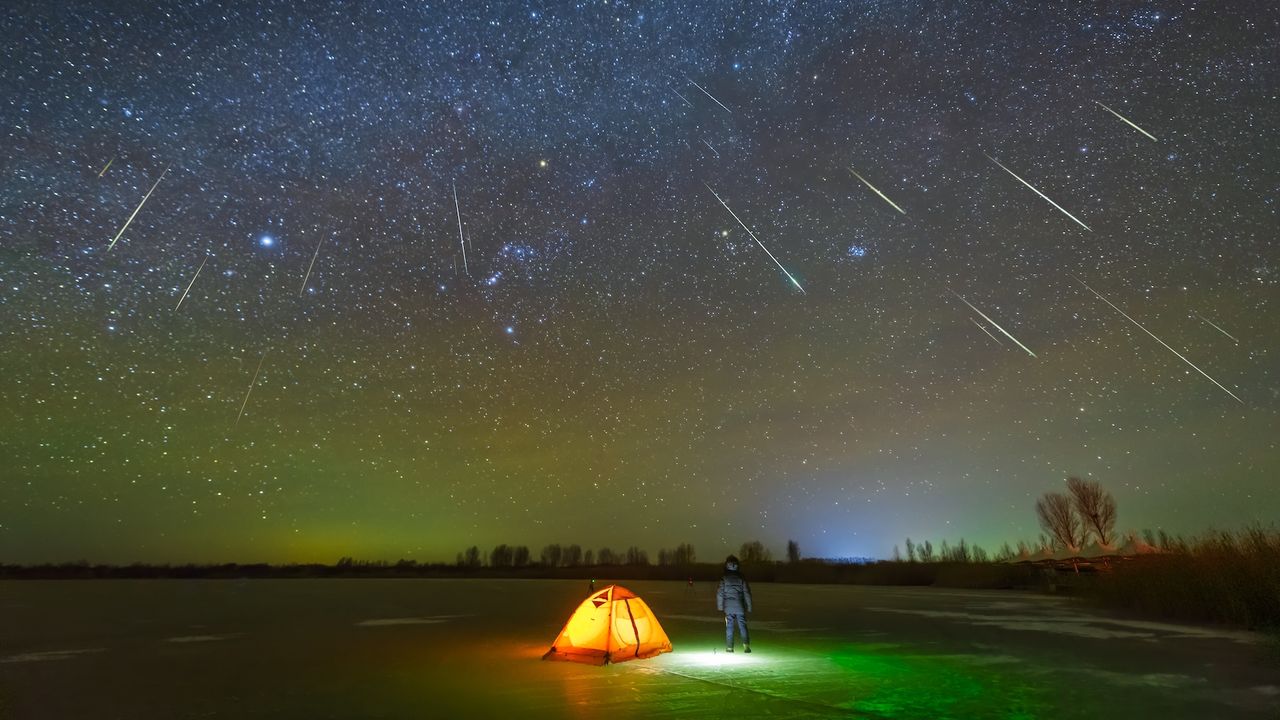How ‘Wood Vaulting’ Could Help Slow Climate Change
PositiveScience
Wood vaulting is emerging as a promising solution to combat climate change by potentially removing 12 billion tons of carbon dioxide from the atmosphere annually. This low-tech method is gaining traction among companies eager to contribute to environmental sustainability. Its simplicity and effectiveness could make a significant impact in the fight against global warming, highlighting the importance of innovative approaches in addressing climate challenges.
— Curated by the World Pulse Now AI Editorial System







